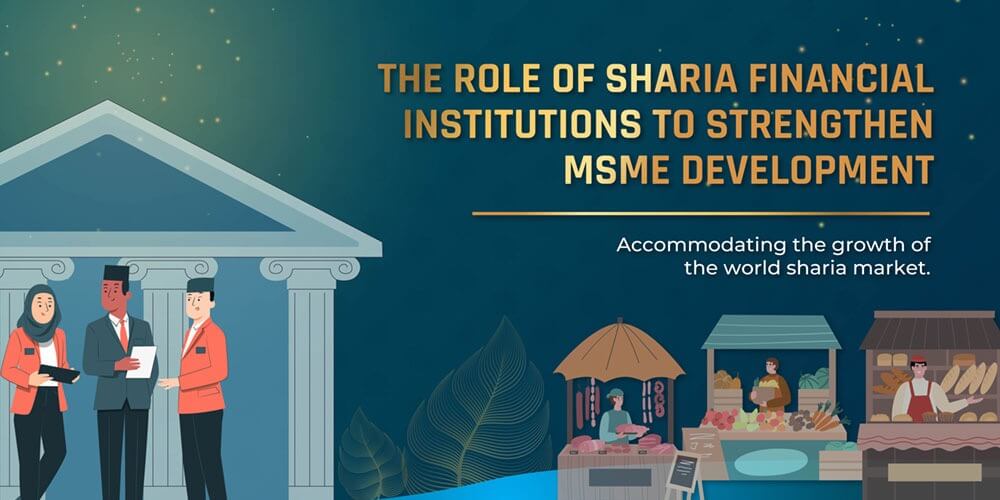Indonesia launches Center of Excellence on Islamic Finance to meet SDGs
Indonesia International Islamic University, the United Nations Development Program and Islamic Development Bank announced a partnership to establish the Center of Excellence on Islamic Finance to meet the UN sustainable development goals.
Speaking during the 8th Indonesia Sharia Economic Festival on Monday, Komaruddin Hidayat, rector of Indonesia International Islamic University (UIII) said that the center would be located at UIII campus in Depok, West Java. It will seek an innovation strategy to harness and expand creative sources of financing for SDG acceleration in Indonesia, he said. The center would also conduct advanced research on scaling up initiatives and exploring new opportunities for Islamic financing to meet SDGs in various fields, Hidayat added.
“Current literature suggests that from a Quranic perspective, SDG values have been initiated fourteen centuries ago,” Hidayat said. “This was well before Elkington introduced the concept of triple bottom line in 1997: profit, people, planet, which has become a primary reference for sustainable business models. Now, it is time for us to apply these values in our Islamic financial industry to improve its green financing, reaching its services to rural areas and expanding its product to accommodate disadvantaged social groups.”
The Center of Excellence on Islamic Finance will develop joint initiatives to channel Islamic finance instruments towards achieving the SDGs, he explained. Its activities will include contributing Islamic finance insights on programs and outreach mechanisms and provide support on communications strategies for Islamic finance on SDGs and financial inclusion. It would also offer training, workshops and conferences to boost the awareness of Islamic finance and SDGs.
“The discussion of SDGs funding is shifting from one of funding projects to creating a scalable stable flow of finance,” said Norimasa Shimomura, UNDP Resident Representative in Indonesia.
“When people talk about SDGs the challenges are so huge and a single resource solution is not enough. We need both public and private financing, both domestic and international financing and both conventional and Islamic financing,” Shimomura explained. “Islamic finance certainly offers almost a perfect solution to scale up the lack of financing and we see good examples already unfolding in Indonesia today.”
Sami Al-Suwailem, acting director of the Islamic Development Bank Institute, said the Center of Excellence should adopt a blue ocean strategy to really make an impact, rather than to replicate the work of other existing centers of excellence. “There is an issue in economics curriculum: the mentality. And this could also help shrink the gap between SDGs and our existing economies. Actually it is a perceived gap and it is man-made. We can shrink this gap by starting with the most important asset, and that is the right mentality over generations. If the students, deputy minister, CEO and stakeholder think this way: ‘I am responsible for the environment and society,’ then the gap will shrink naturally. In general I would suggest and encourage my colleagues in the Center of Excellence to study and apply blue ocean strategy. It is a very interesting area and it is very fruitful I think,” Sami said.
Indonesia is already setting an example in leveraging Islamic finance for SDGs. In 2018, Indonesia issued the world’s first green Sukuk, raising more than $3 billion. Indonesia islamic Finance assets stood at $2.88 trillion in 2020 and are expected to grow to US$3.69 trillion by 2024, according to the latest report by the Islamic Corporation for the Development of the Private Sector (ICD) and fintech company Refinitiv Global. Meanwhile, the Global Islamic Economy Indicator 2020/2021 report ranked Indonesia in fourth place.
© SalaamGateway.com 2021 All Rights Reserved
